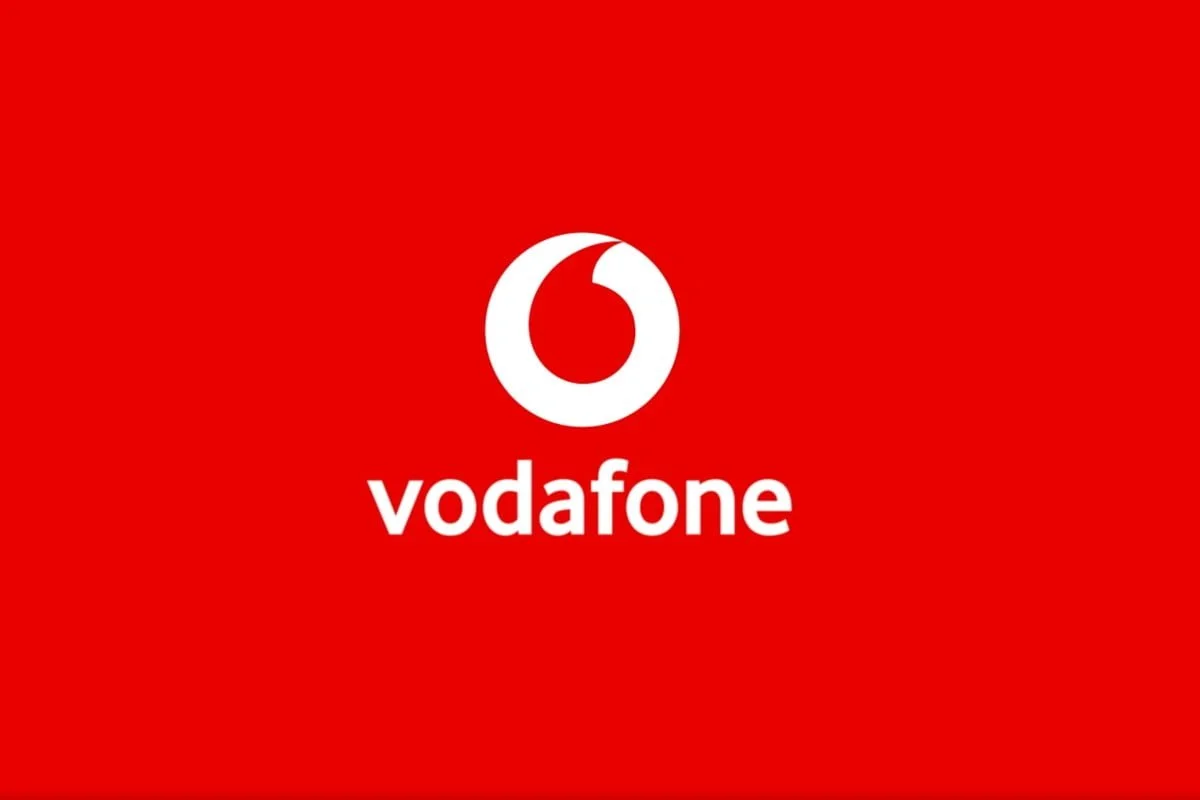
In order to build a market-leading mobile network that might hasten the roll-out of 5G services and increase internet accessibility, Vodafone and Hutchison are in discussions over combining their businesses in Britain. In the proposed acquisition, Vodafone stated on Monday that it would control 51% and Hutchison 49%, with the stakes being accomplished by changing who owns whose debts rather than swapping any cash.
Information In-Depth on the Vodafone and Hutchison's Three Merger Agreement
Merging the third-and fourth-largest networks in Britain, Vodafone UK and Hutchison's Three would emerge into a company including around 27 million mobile subscribers, surpassing the leading companies BT's EE and Virgin Media O2, said a Reuters report. According to a statement from Vodafone, "By combining our businesses, Vodafone UK and Three UK will gain the necessary scale to be able to accelerate the rollout of full 5G in the UK and expand broadband connectivity to rural communities and small businesses."
In a previous Sky story, the two businesses are hoping to reach an agreement before the end of the calendar year. The price of Vodafone shares, which previously in the day hit a two-year low, increased 2.5% to 104 pence. In order to boost returns in markets where competitors merely pay the costs of the capital necessary to invest in networks, Vodafone Chief Executive Nick Read stated in February that the business was considering acquisitions in a number of European nations.
Since the COVID-19 epidemic, there have emerged indications that regulators' resistance to transactions that would decrease the number of carriers in huge markets to four to three has shifted. Regulators prevented Hutchison from acquiring Telefonica's O2 network in Britain seven years ago. Eventually, Telefonica joined forces with Virgin Media of Liberty Global to launch a fixed-line and mobile carrier to compete with BT, the previous monopoly. In a release, Vodafone pointed out that the authority Ofcom had labelled Vodafone UK and Three UK as sub-scale operators, meaning they lacked the scale to cover their cost of capital and risked losing ground to the two market giants.
As per Read, the epidemic served as an example of the significance of swift and dependable networks and generated a "tailwind of engagement" with governments. Analysts believe that regulators will be hesitant to approve a purchase that lessens competition at a time when consumers are already paying higher prices due to the cost of living problem. As an example, for mobile virtual network providers, Vodafone stated on Monday that the merger might profit from "competitively priced access" to a larger 5G network. These competitors, which also include Sky and Tesco Mobile, have amassed a large portion of the British smartphone space.















